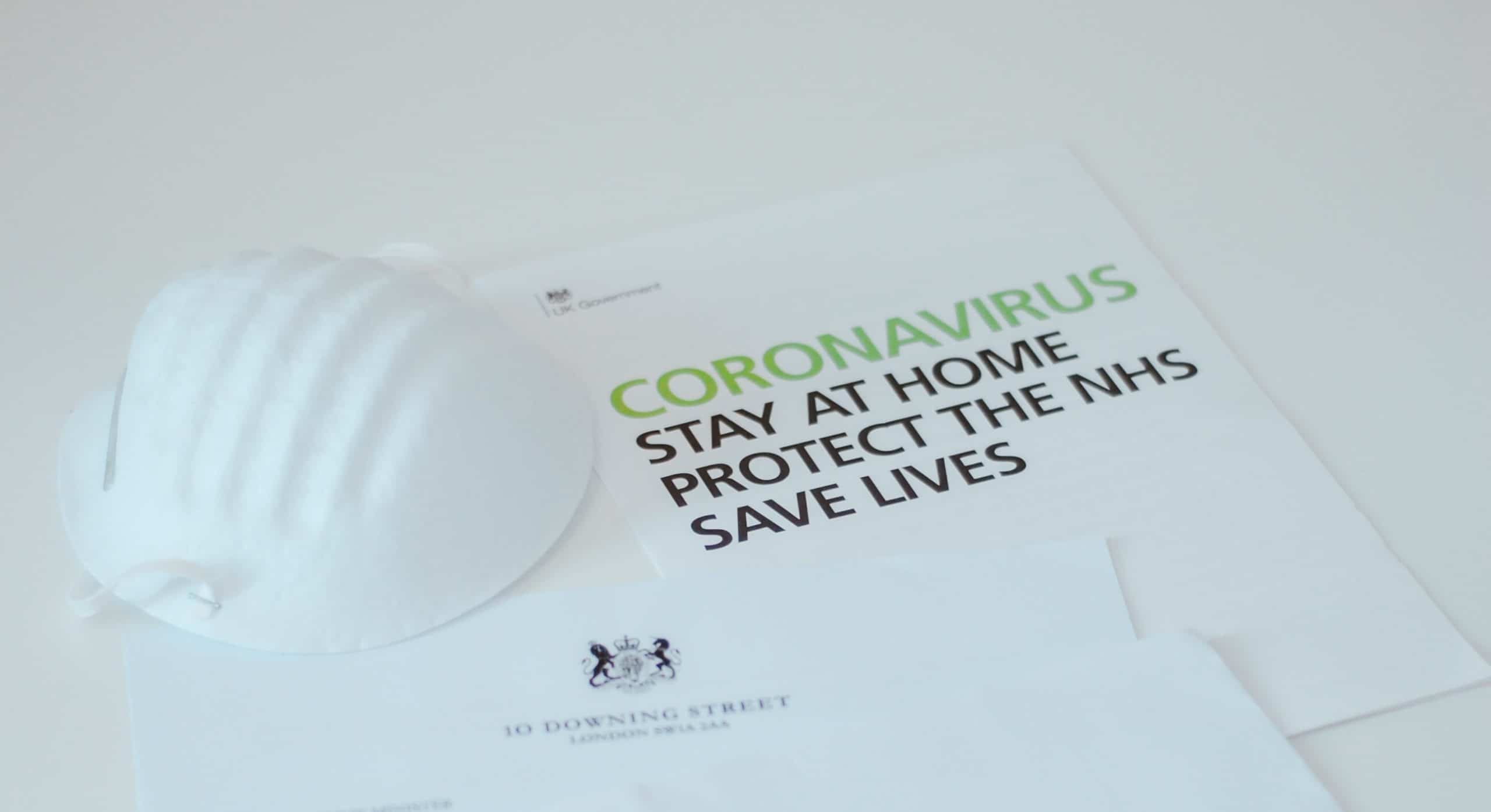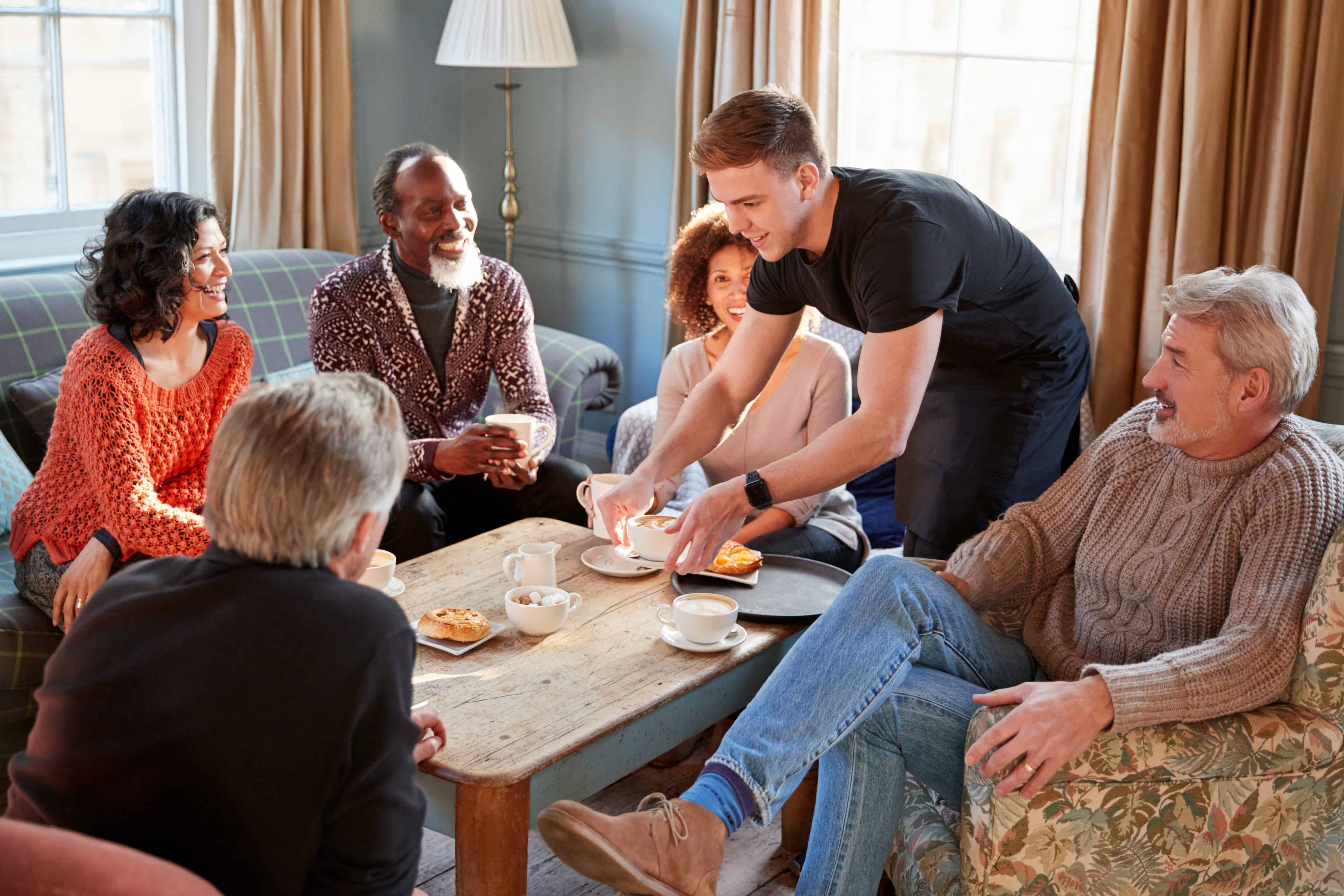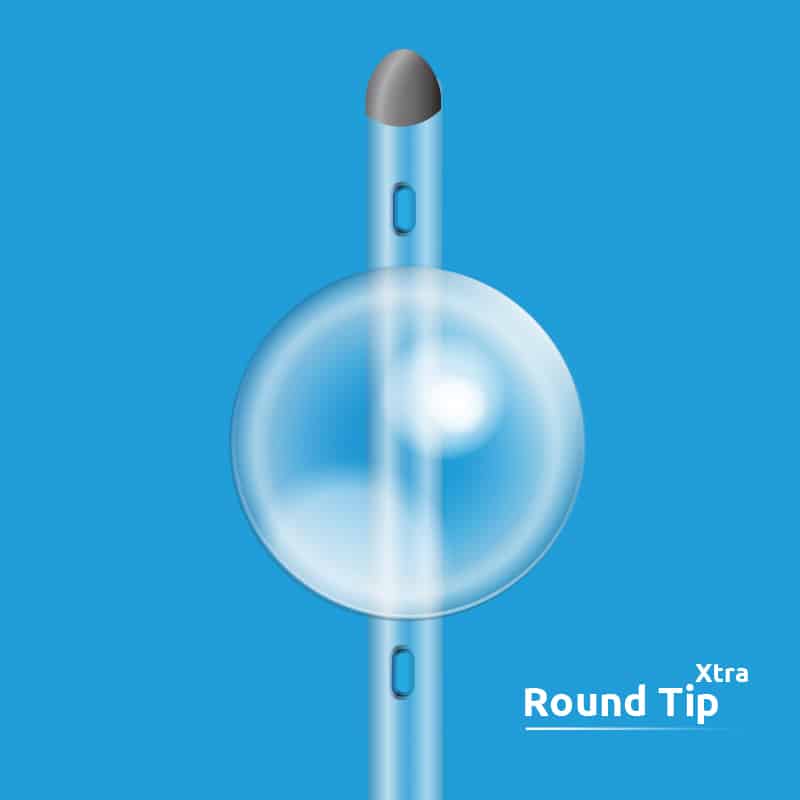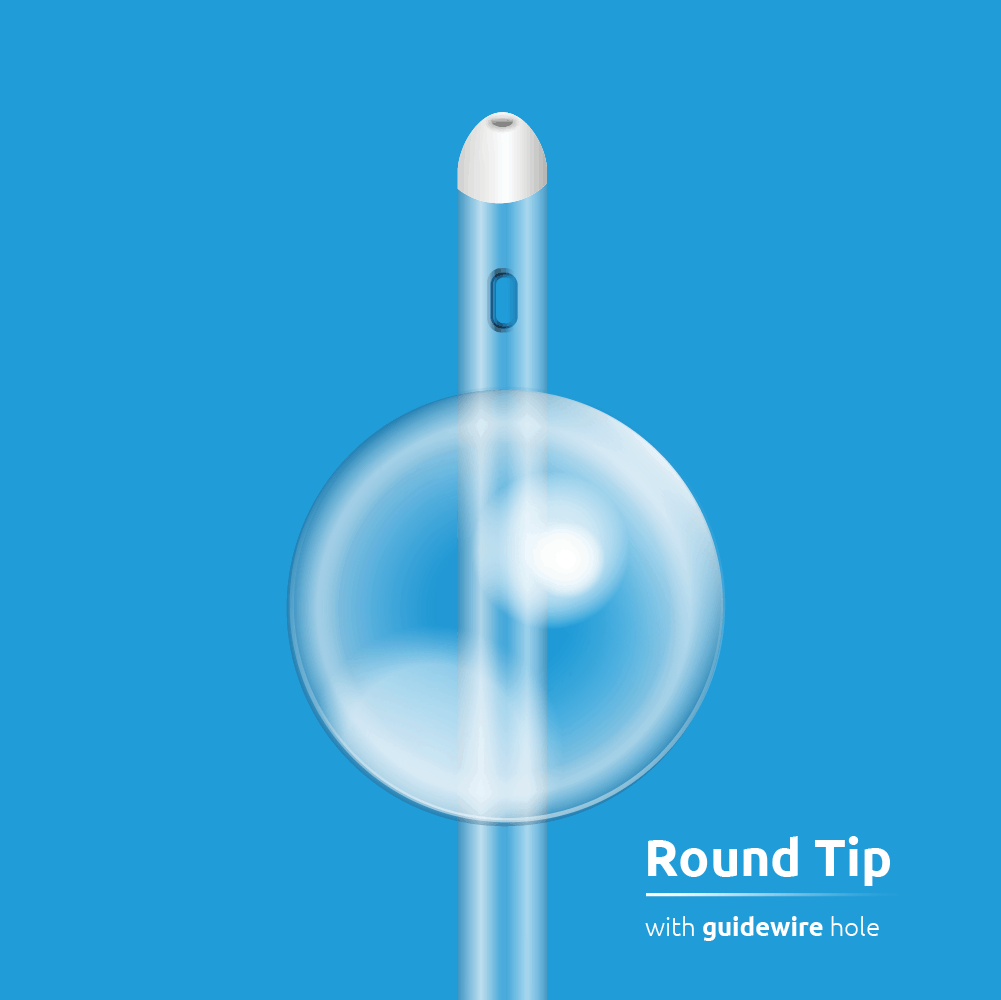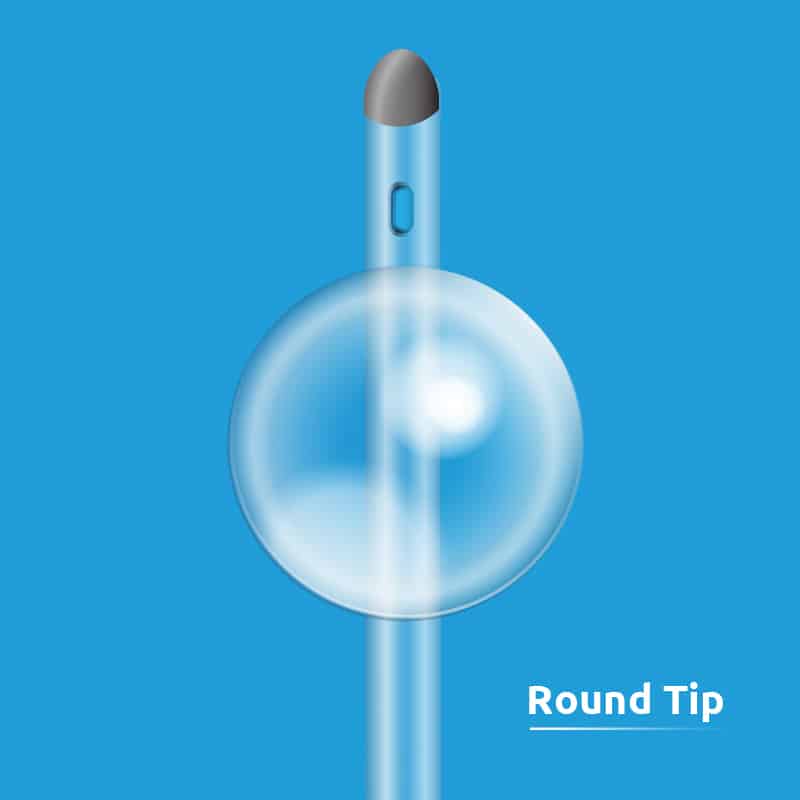Are you struggling in isolation? Many catheter users do. Blockages, infection, pain and other complications can be regular occurrences. You can sometimes feel like you are the only one in the world having such a hard time with your catheter. If that’s you, you need to know that you don’t have to go it alone. There are easy ways for you to connect with other catheter users and get help and advice. Sometimes a burden shared is a burden lifted. Here are 4 ways you can connect with other catheter users.
-
Social Media
If you have a specific health condition that means you need a catheter, you may already be part of a Facebook group for your condition. But did you know that there are some specific Facebook groups designed for patients who have an indwelling balloon catheter?
If you have a suprapubic catheter, the best group available is Suprapubic Catheter Users UK. Tracey Seal, herself a suprapubic catheter user, founded this group in 2018. Tracey and other users share helpful advice based on their experience. The community answers questions from new members and provides independent product recommendations. The group is growing rapidly, with 170 members at the time of writing. New posts happen on a daily basis and there is a helpful set of announcements at the top of the feed for new suprapubic catheter users.
A more general support group for people  with continence difficulties is the Bladder & Bowel Community Support Group. This is a group run by the Bladder & Bowel Community and provides advice and support on a range of continence issues. At the time of writing there are over 5000 members and multiple posts a day. It is a group aimed at UK users.
with continence difficulties is the Bladder & Bowel Community Support Group. This is a group run by the Bladder & Bowel Community and provides advice and support on a range of continence issues. At the time of writing there are over 5000 members and multiple posts a day. It is a group aimed at UK users.
An international Facebook group for catheter users is Urinary Catheter Users. The group includes users of indwelling and intermittent catheters, so it’s a good place to go to for more general catheter advice. Be aware that not all the advice given will be relevant to UK based catheter users. The group has over 450 members at the time of writing and there are normally a few posts per week.
-
Local societies
If you prefer to meet people face to face, consider becoming part of a local society for patients with your condition. Your local hospital will be able to direct you to any societies or support groups in your local area. Your Urology department may also be able to direct you to a specific catheter support group.
Many national societies also have local branches. For example, the National MS Society has local groups you can find out about here. These kinds of groups often include regular meet ups in community centers or coffee shops, where patients and/or carers can let off steam, seek advice and build lasting friendships.
-
Clinical research
There is some great researching taking place in the UK in the area of continence and catheters. Getting involved in clinical research allows you to play a part in improving care for catheter users and meet other users too. Research could involve trialing pioneering new continence products, undergoing new diagnostic tests or taking part in surveys.
To find out what trials are recruiting currently, you can search the NIHR website here. Alternatively, you can speak to your consultant who may be able to advise you of local research you can be a part of.
-
Continence Specific Societies
There are some national organisations that provide support to catheter users. The Bladder & Bowel Community and Bladder & Bowel UK provide some excellent online resources, a free phone advice service and range of other sources of support.
Societies like the above organise regular user meetings to provide help and advice give you an opportunity to get to know other catheter users. It’s best to sign up to their newsletters and follow them on social media to see what events are available.
Can you recommend any other ways to connect with catheter users? Contact us to let us know. If you found this article helpful, why not share it?


